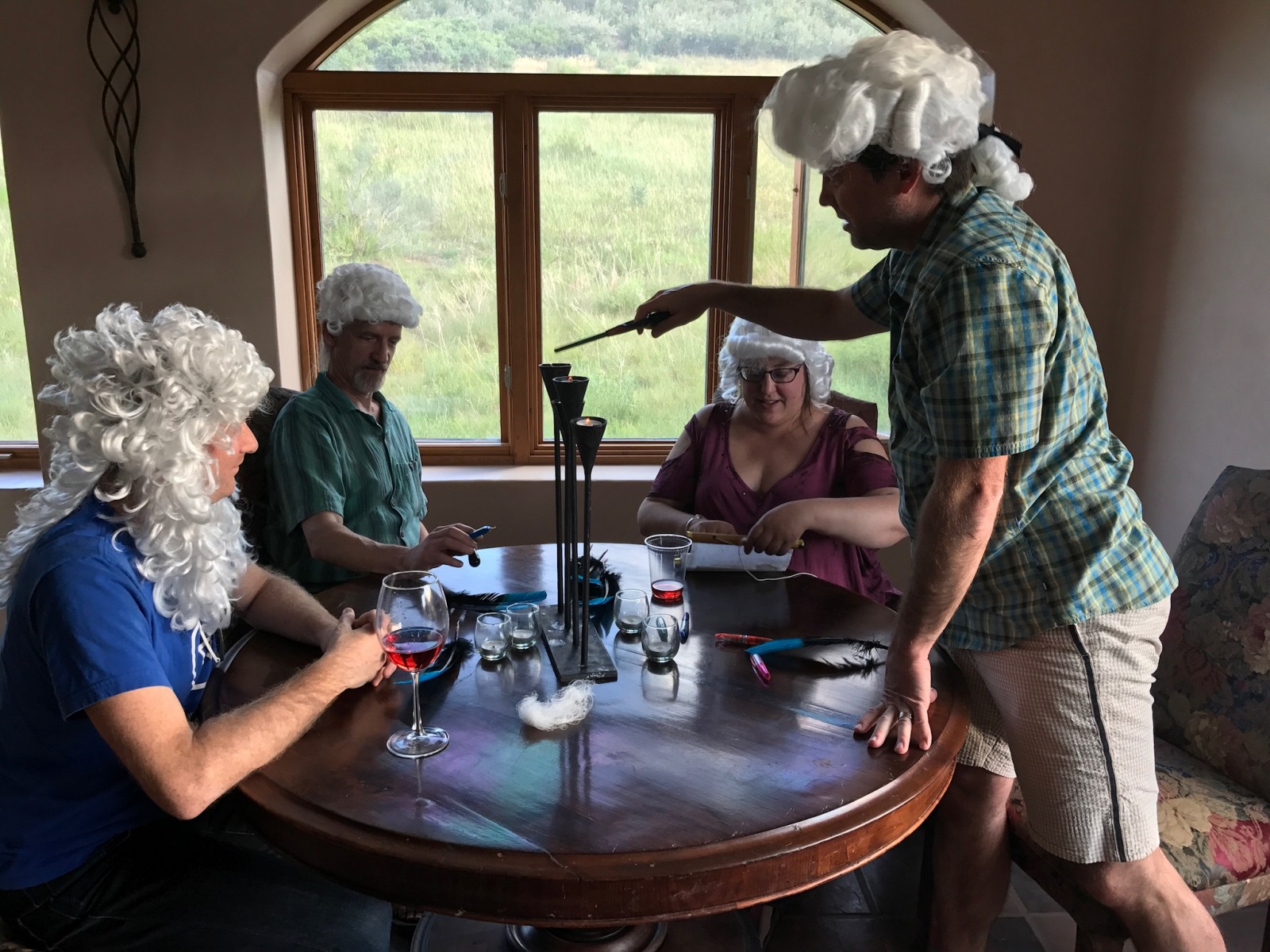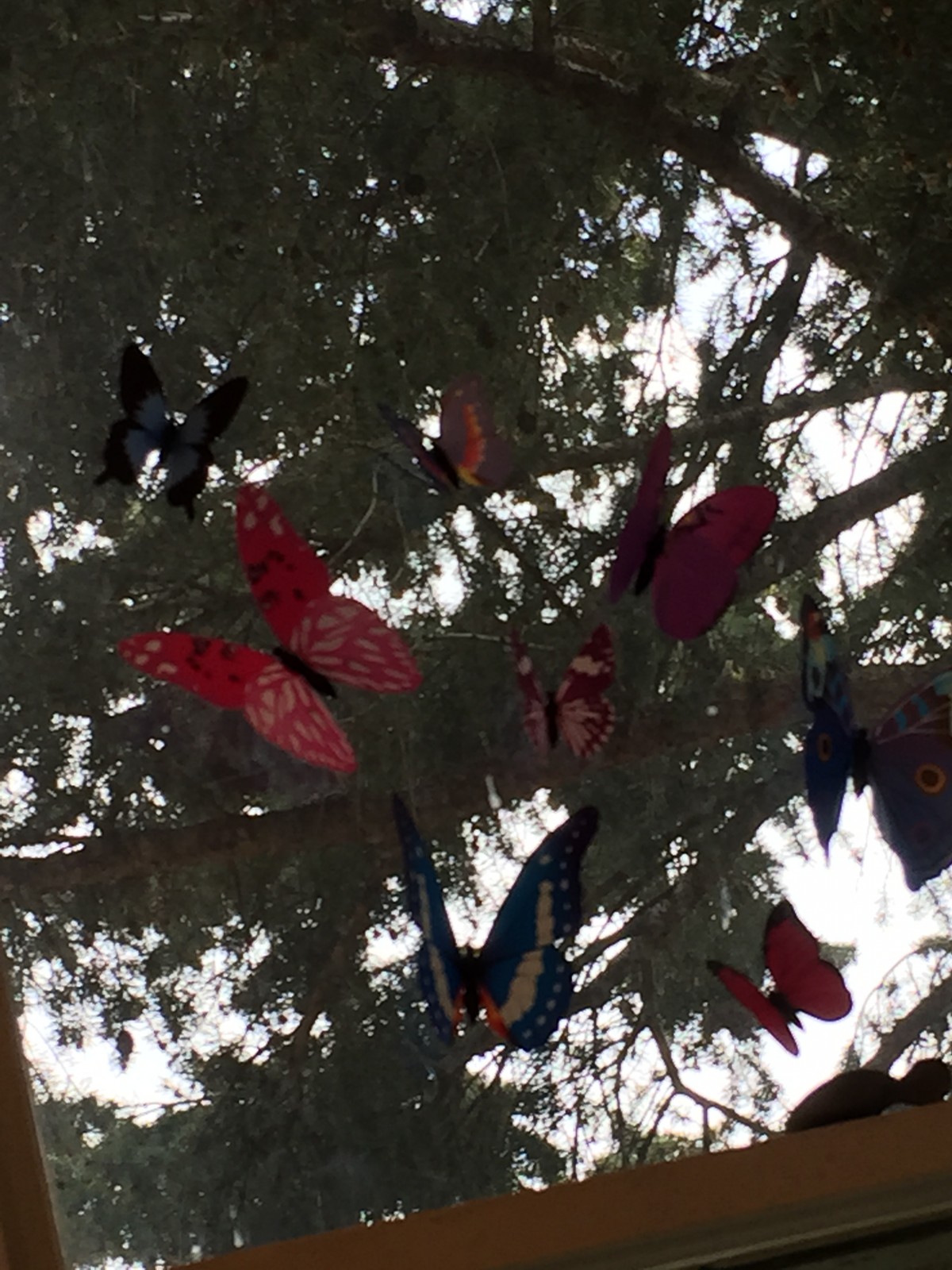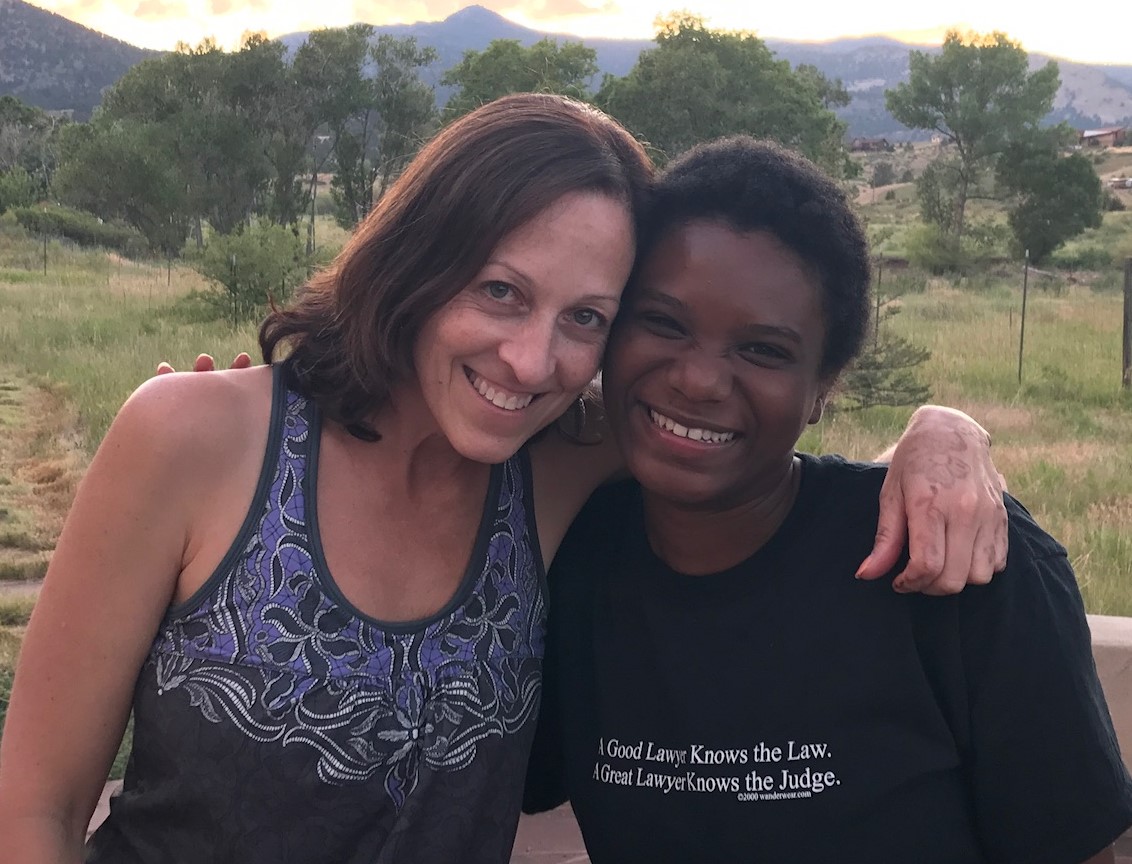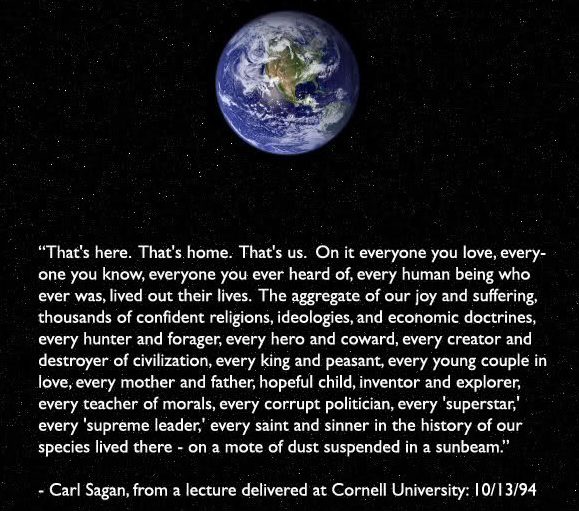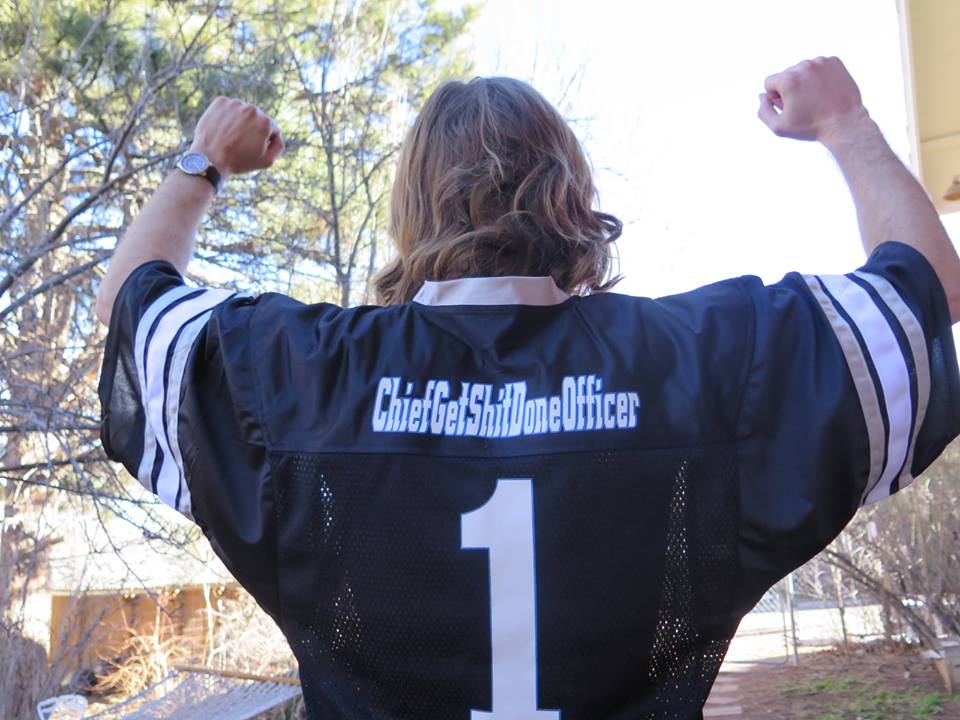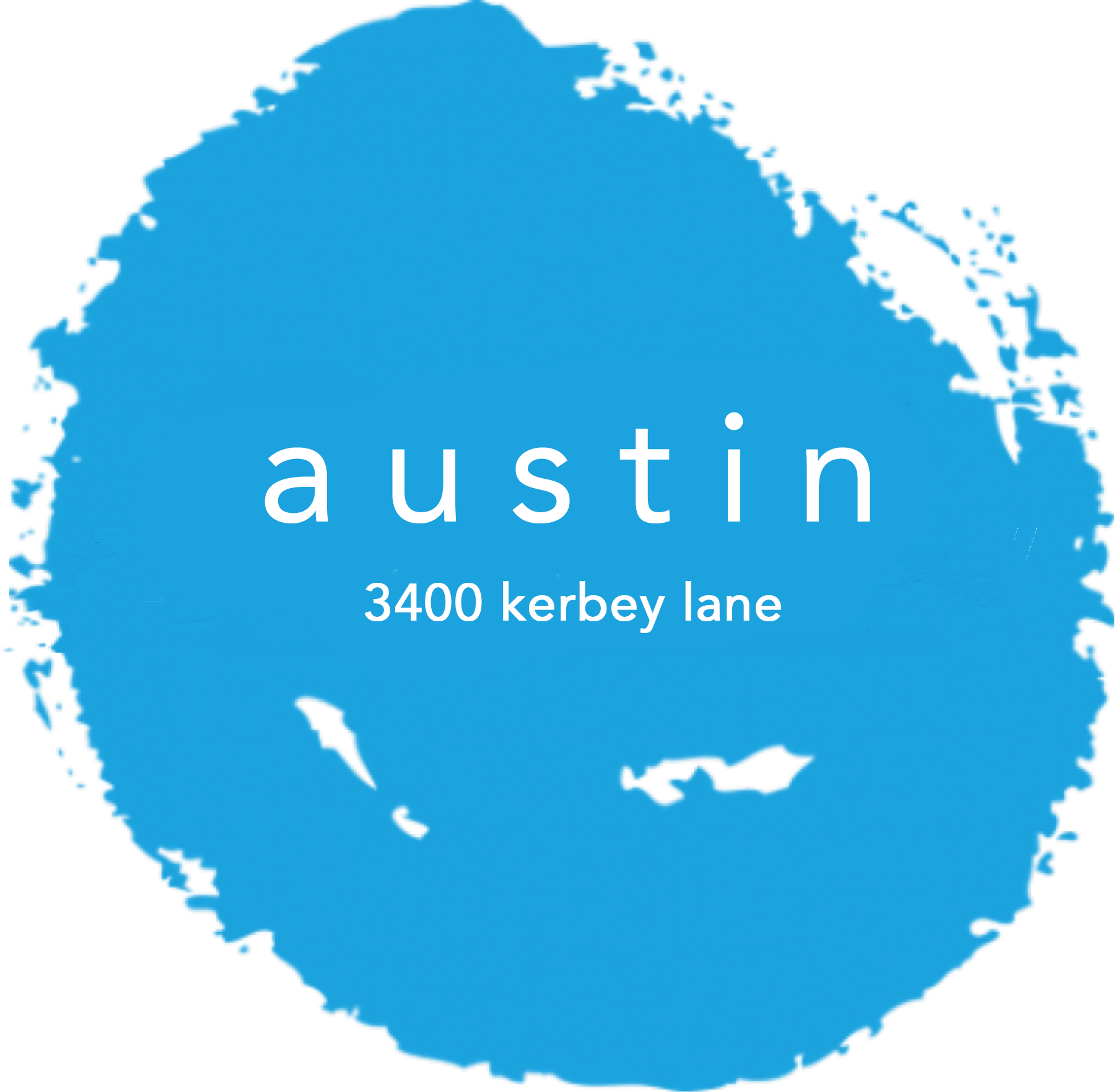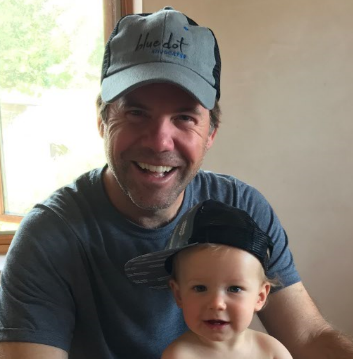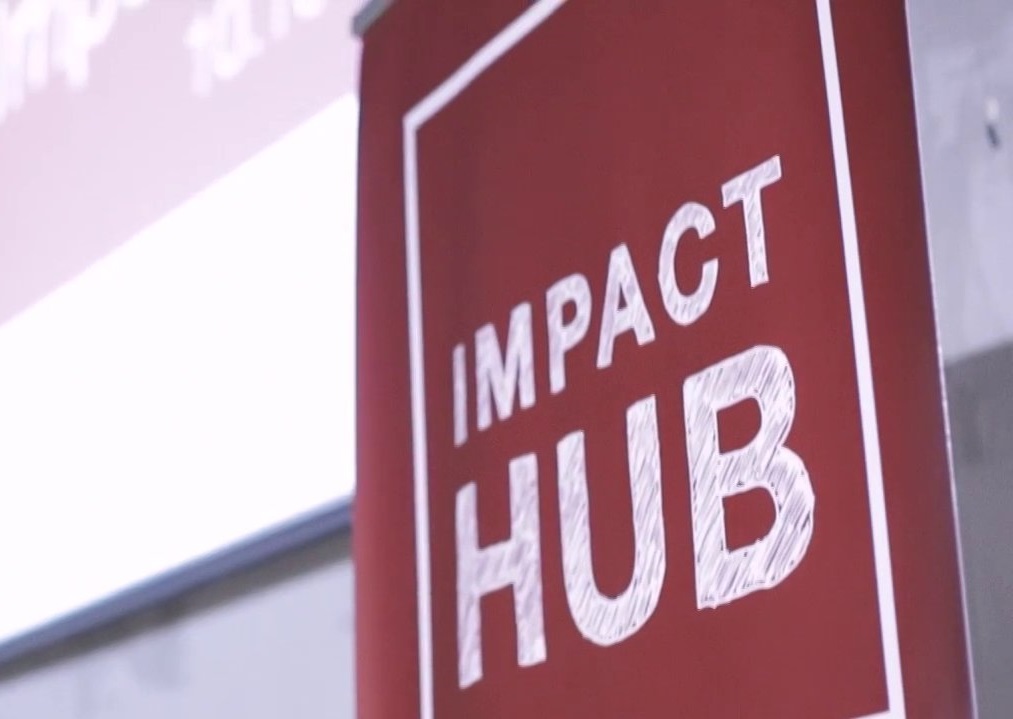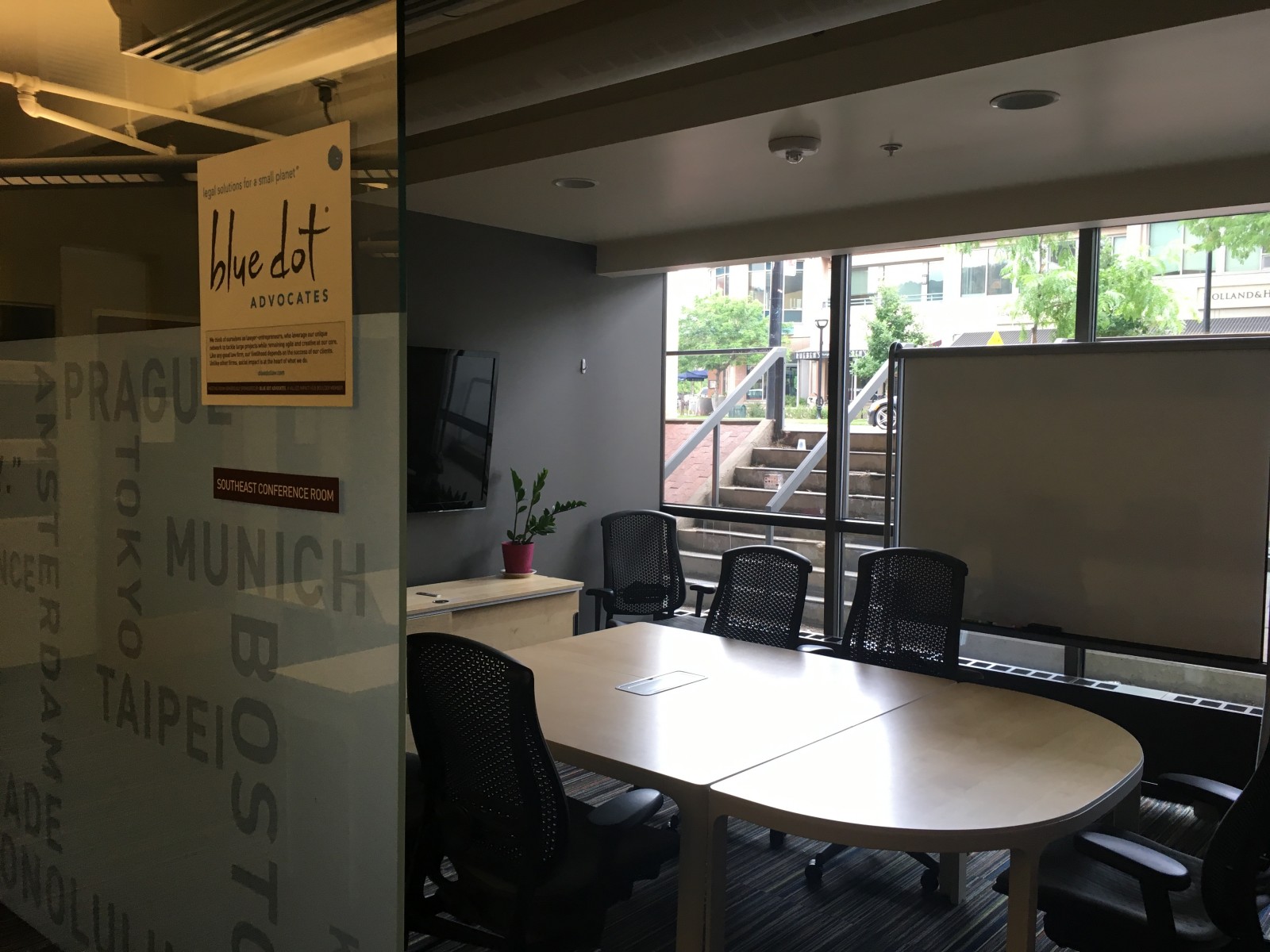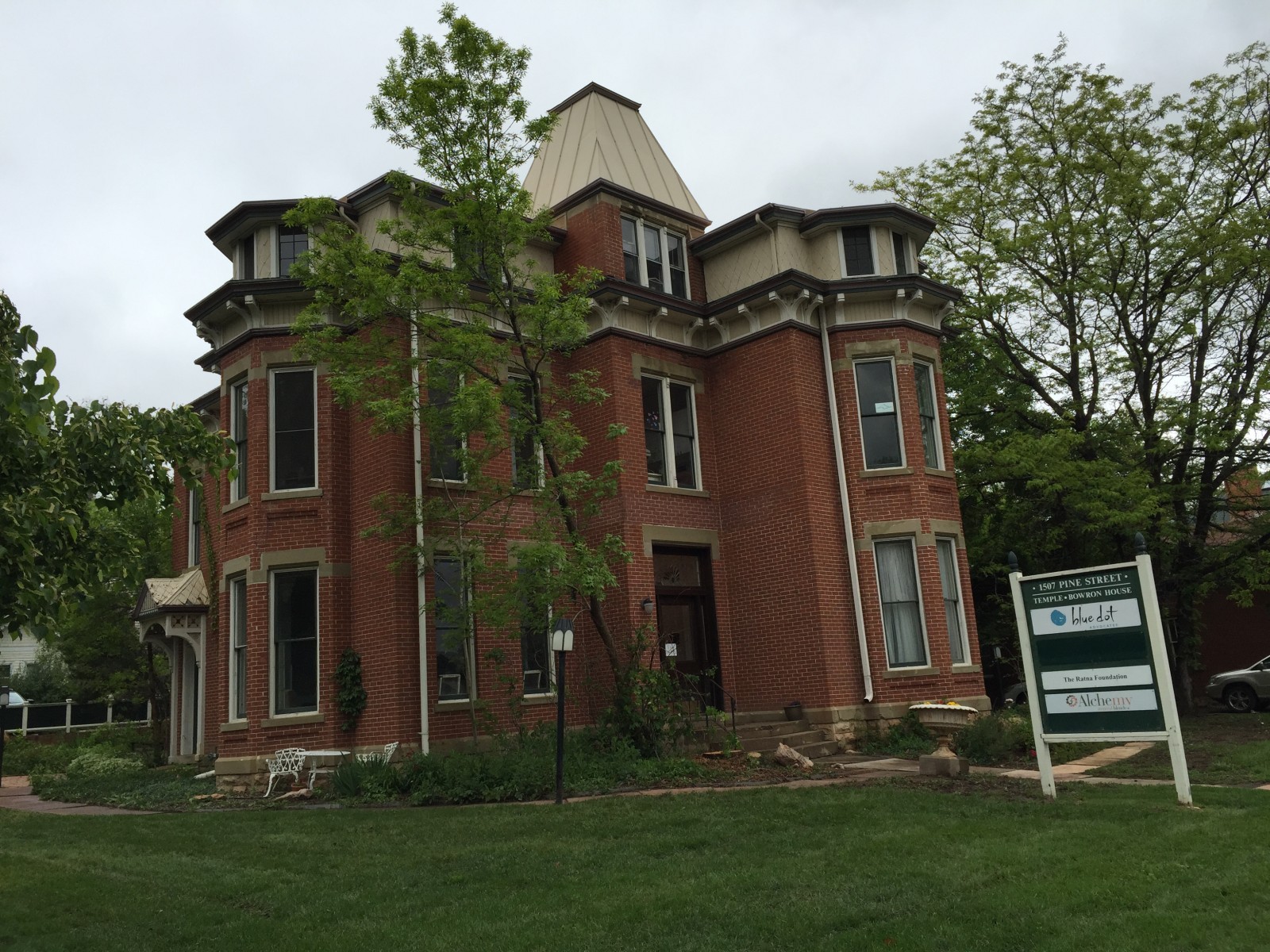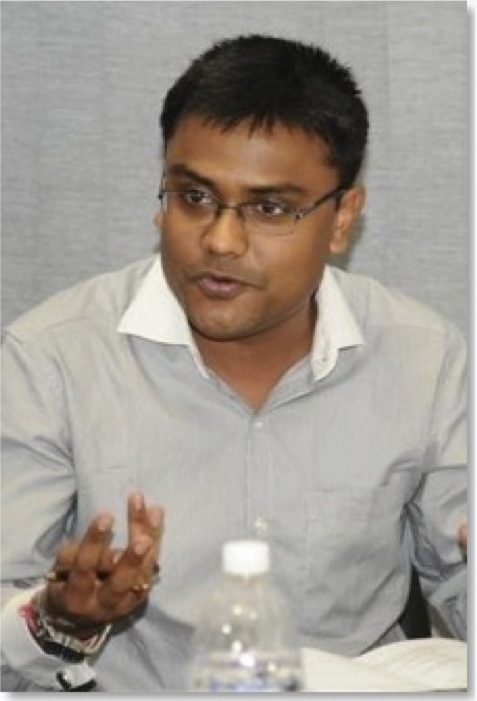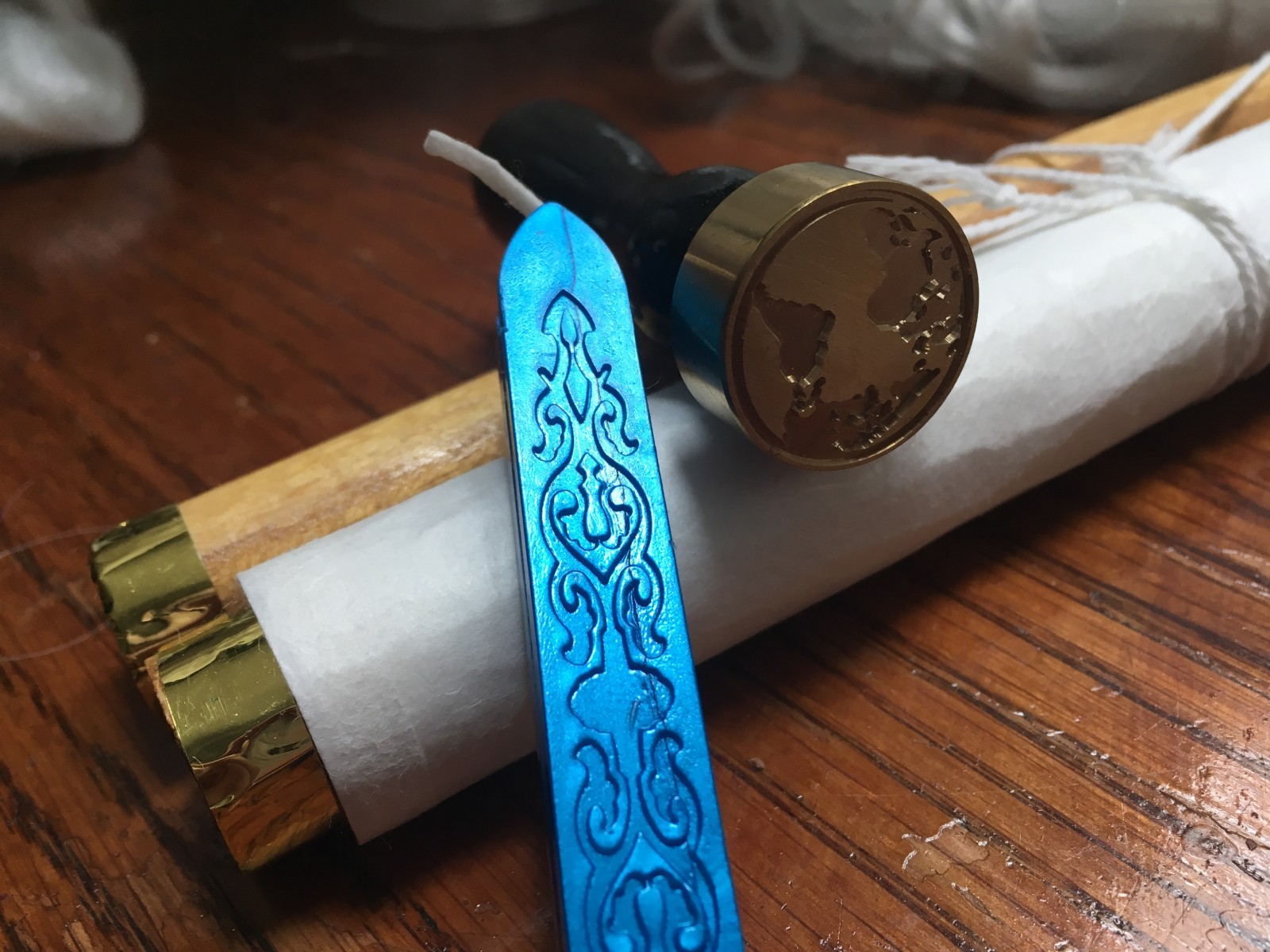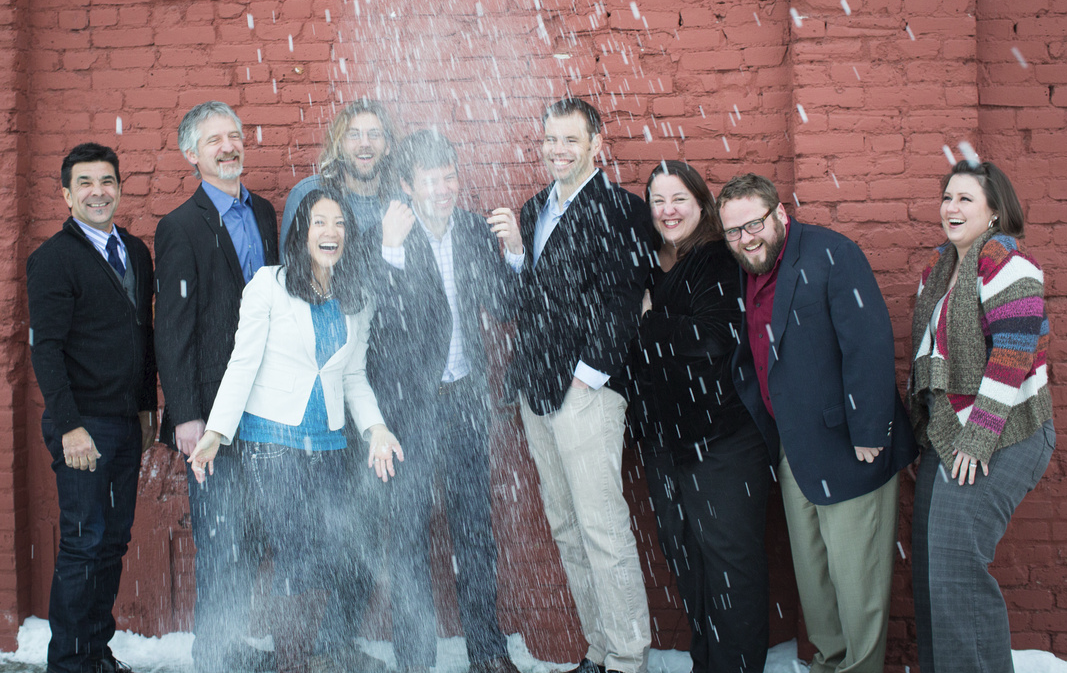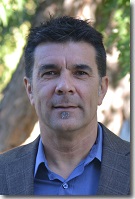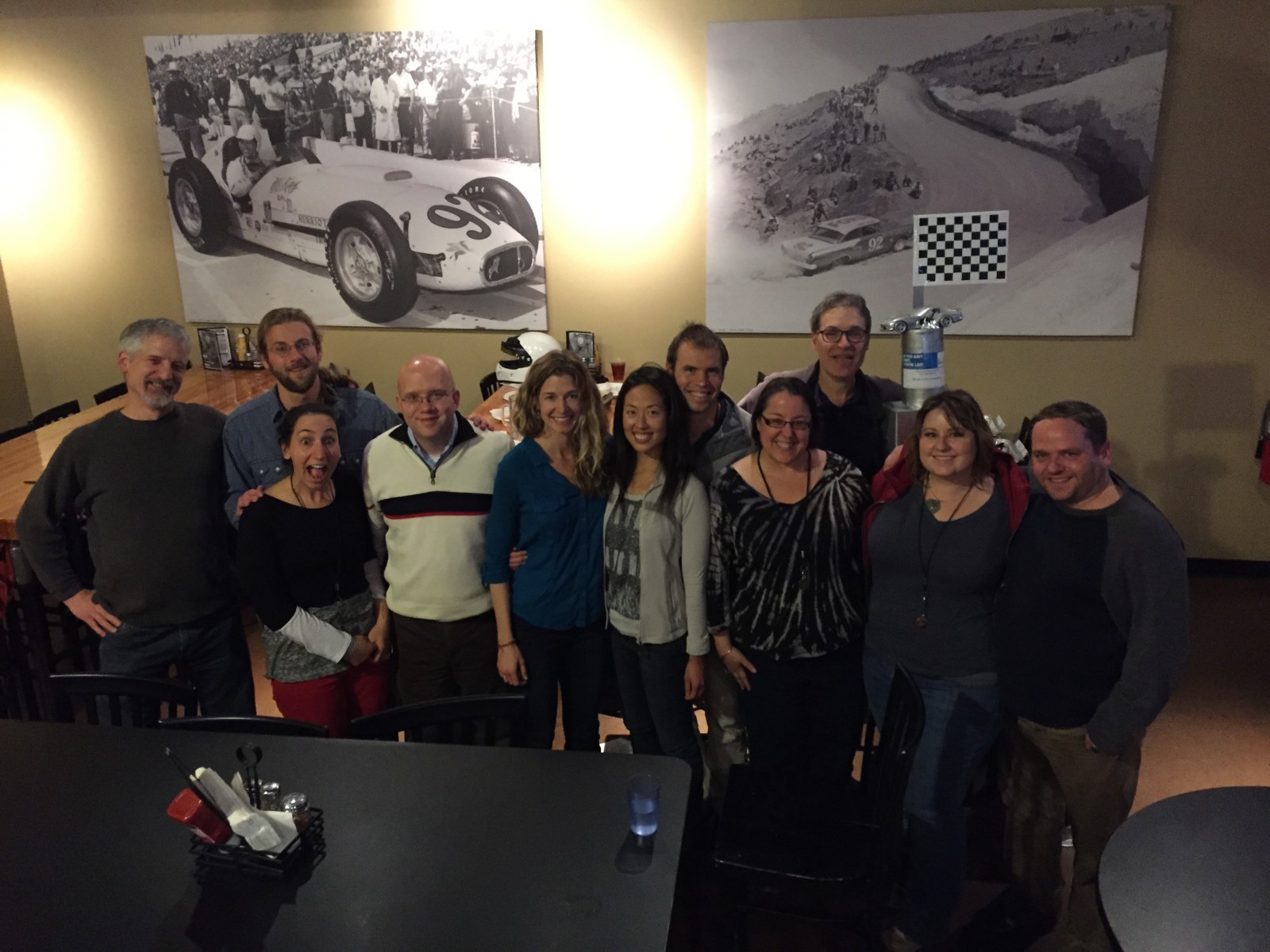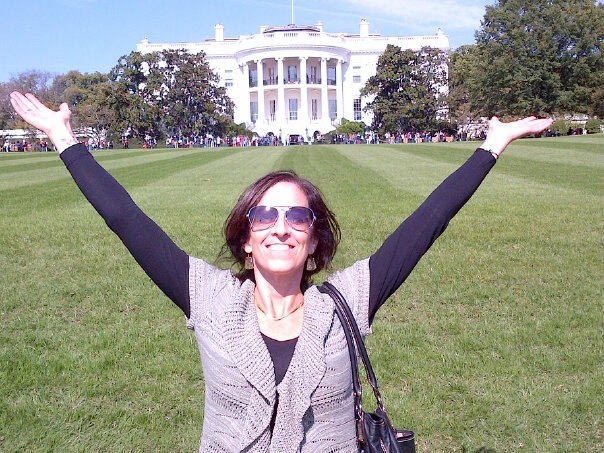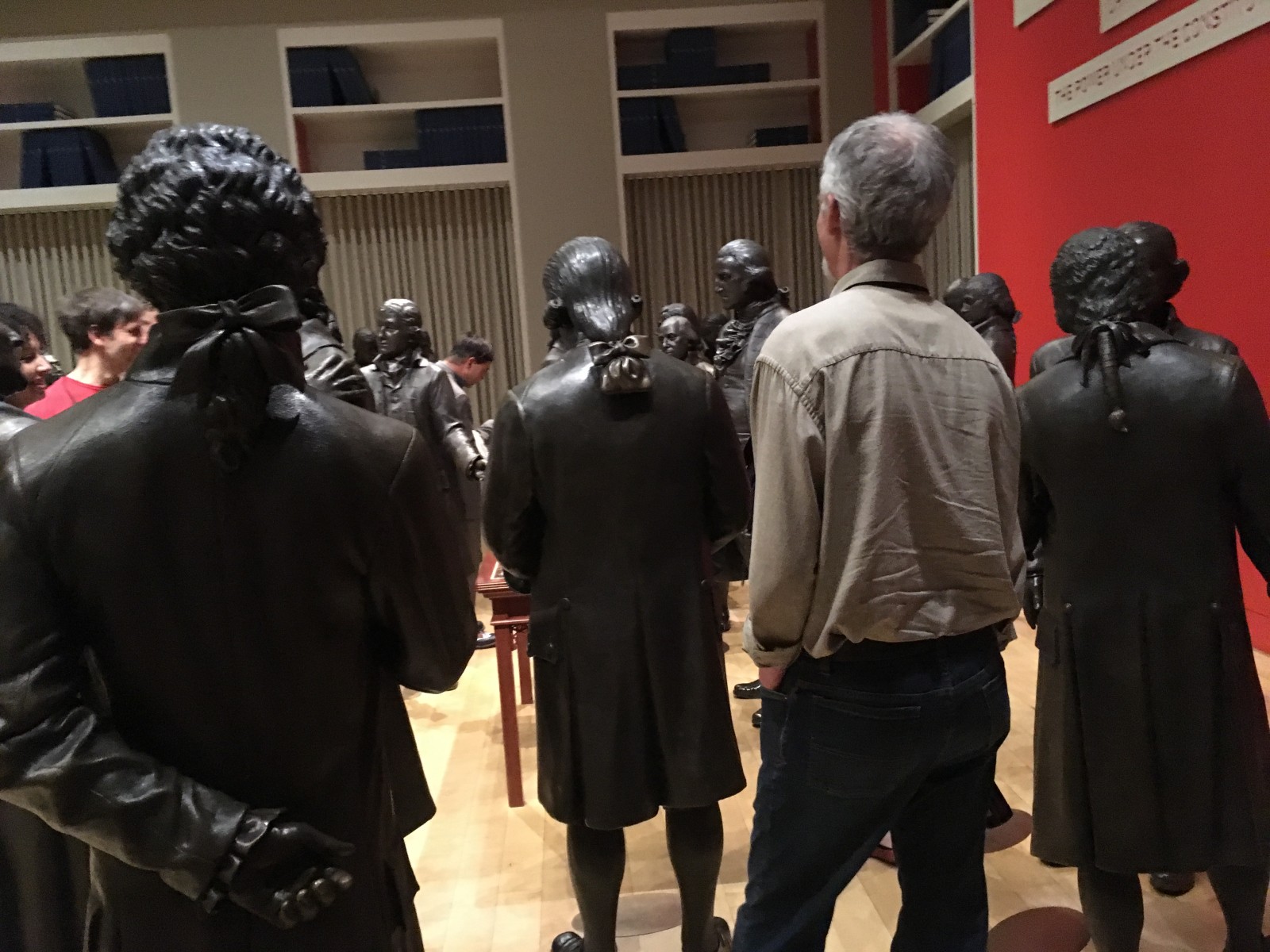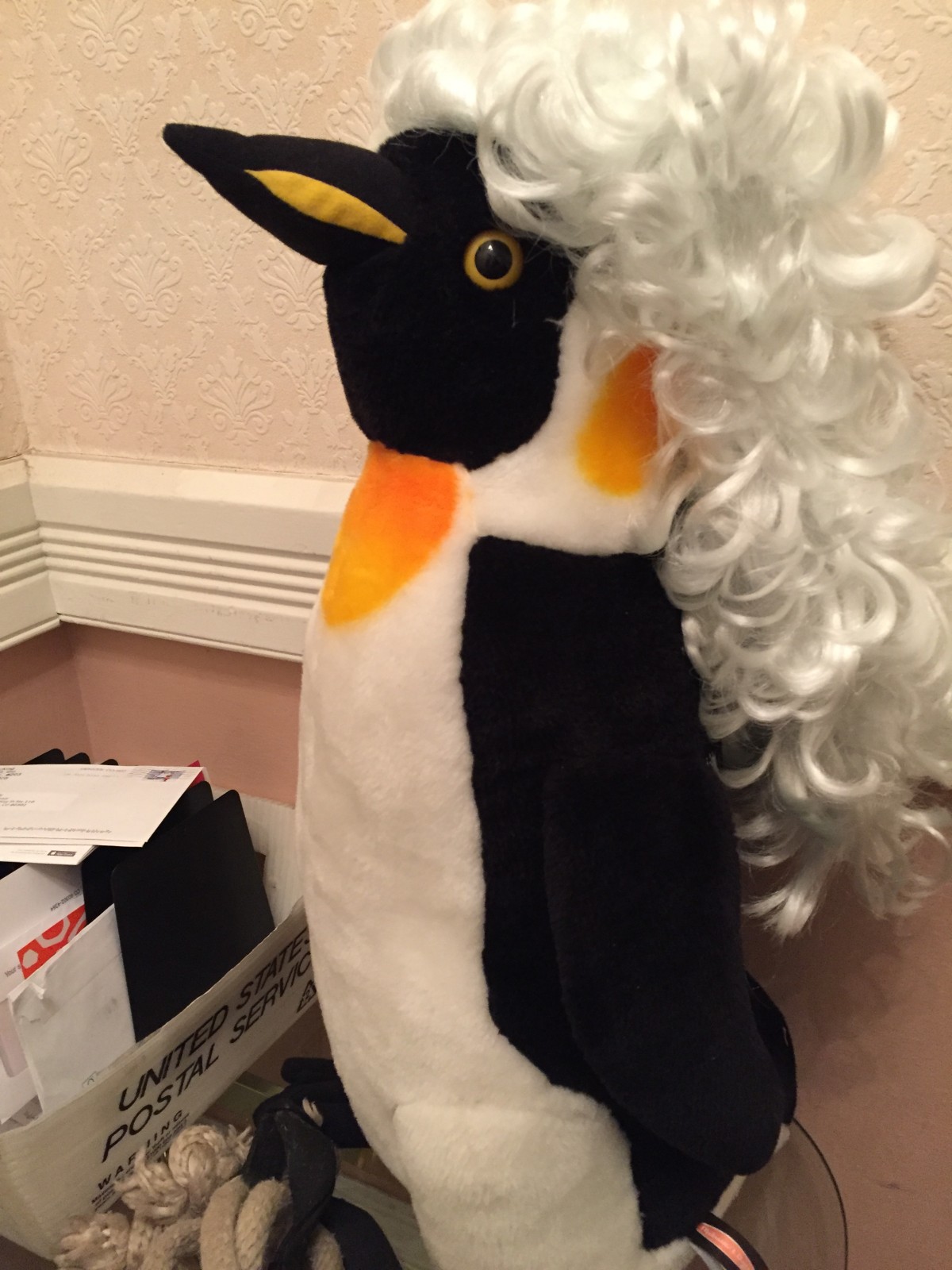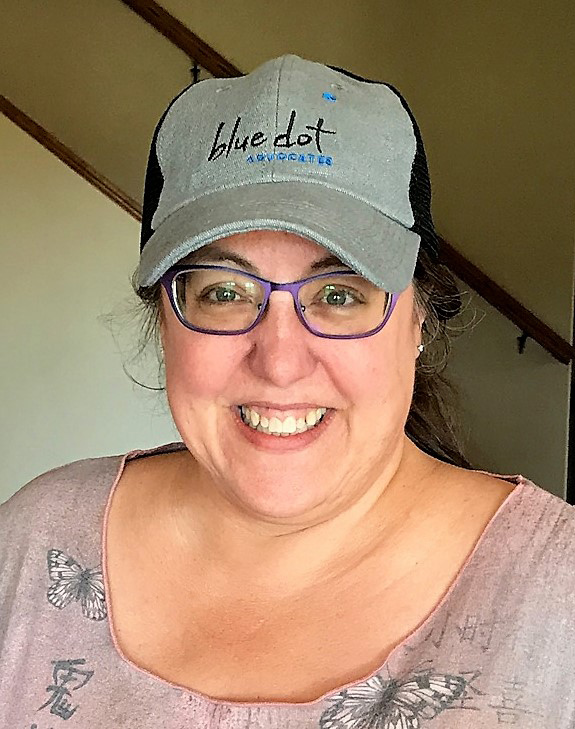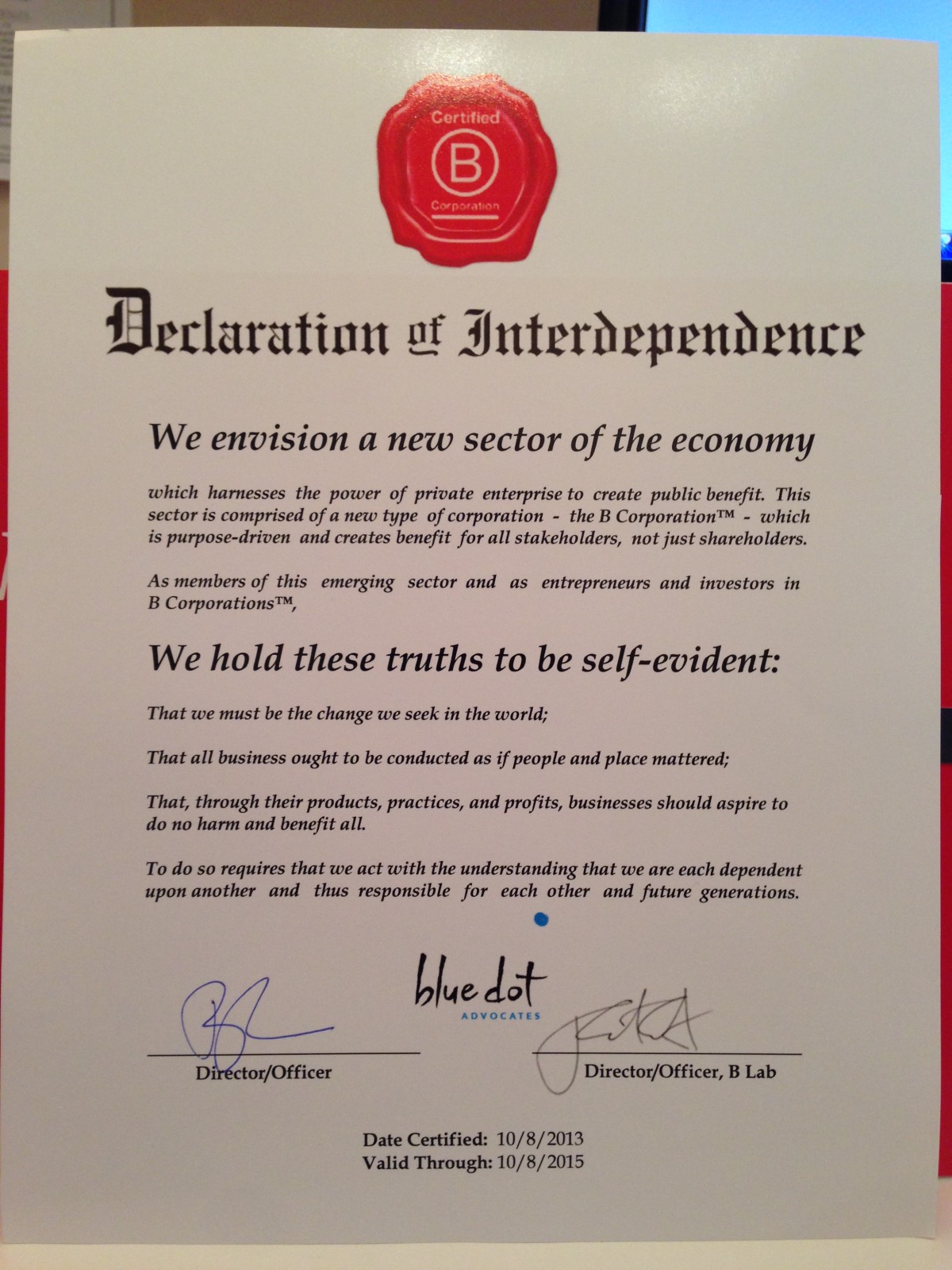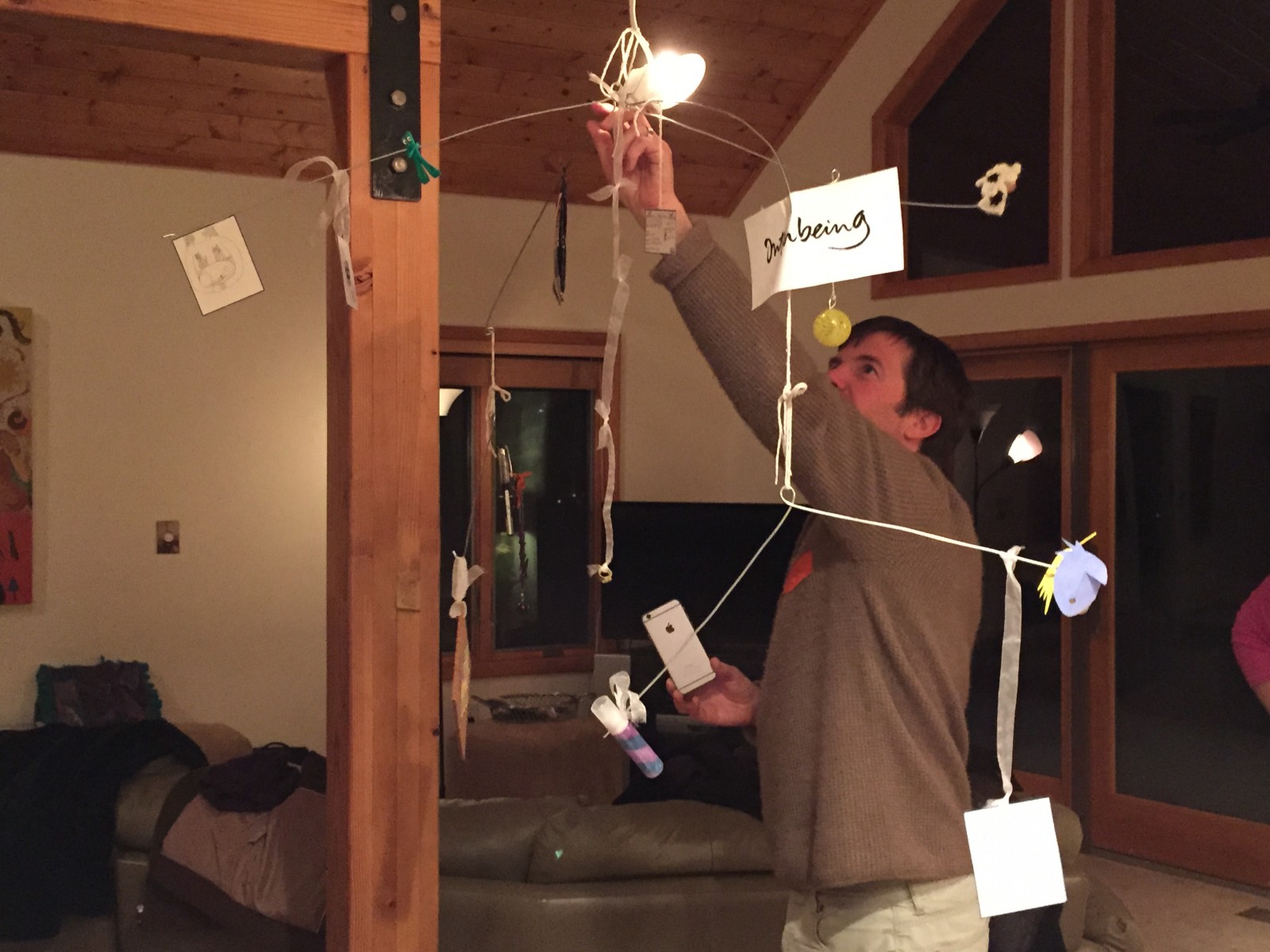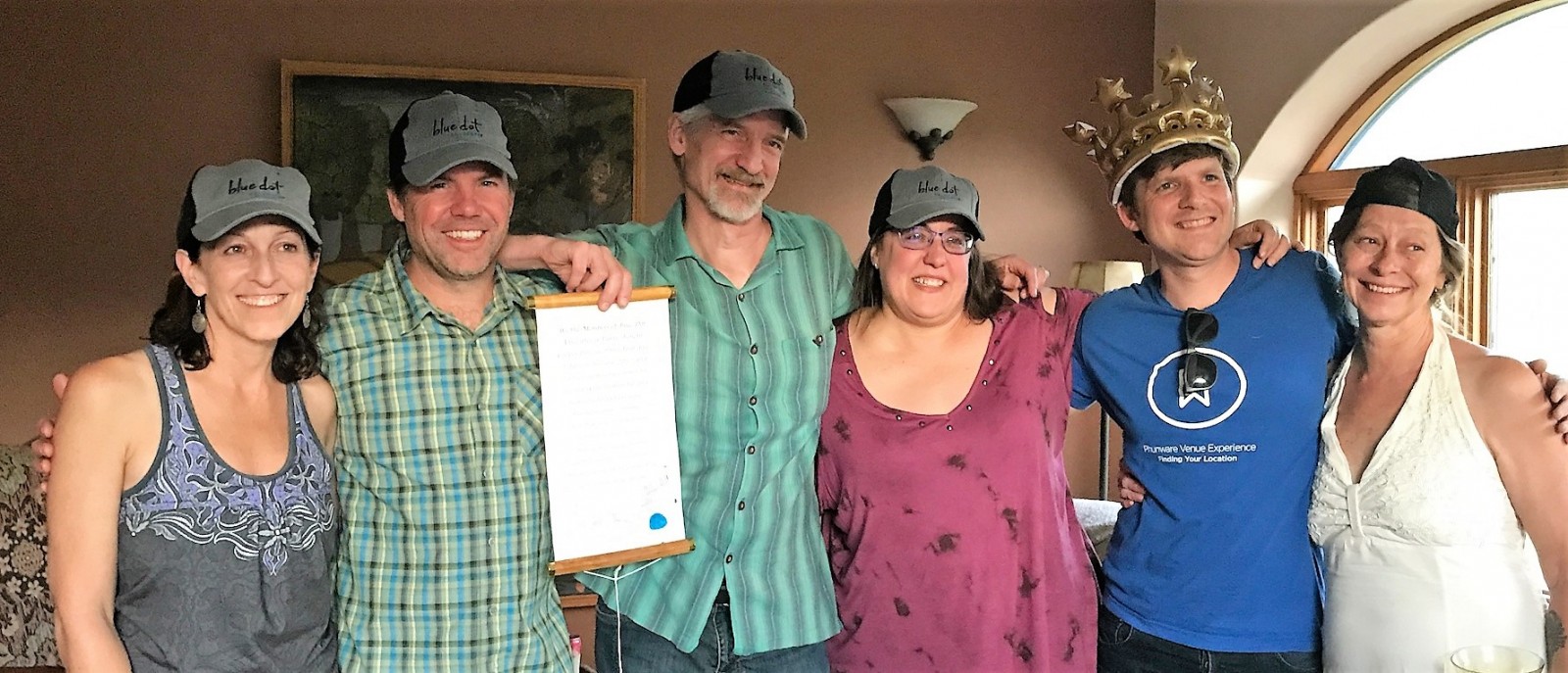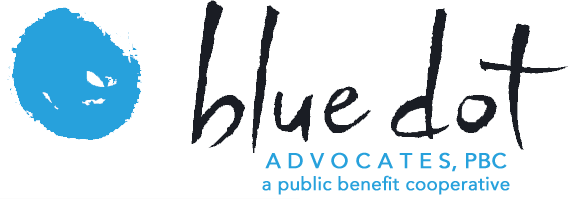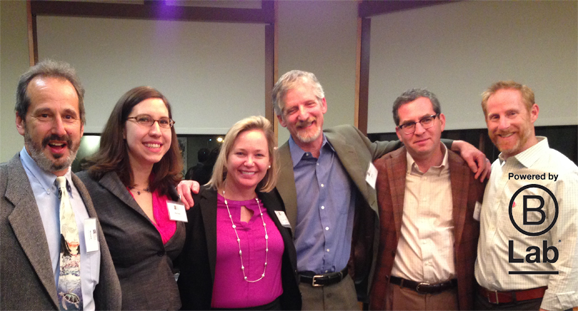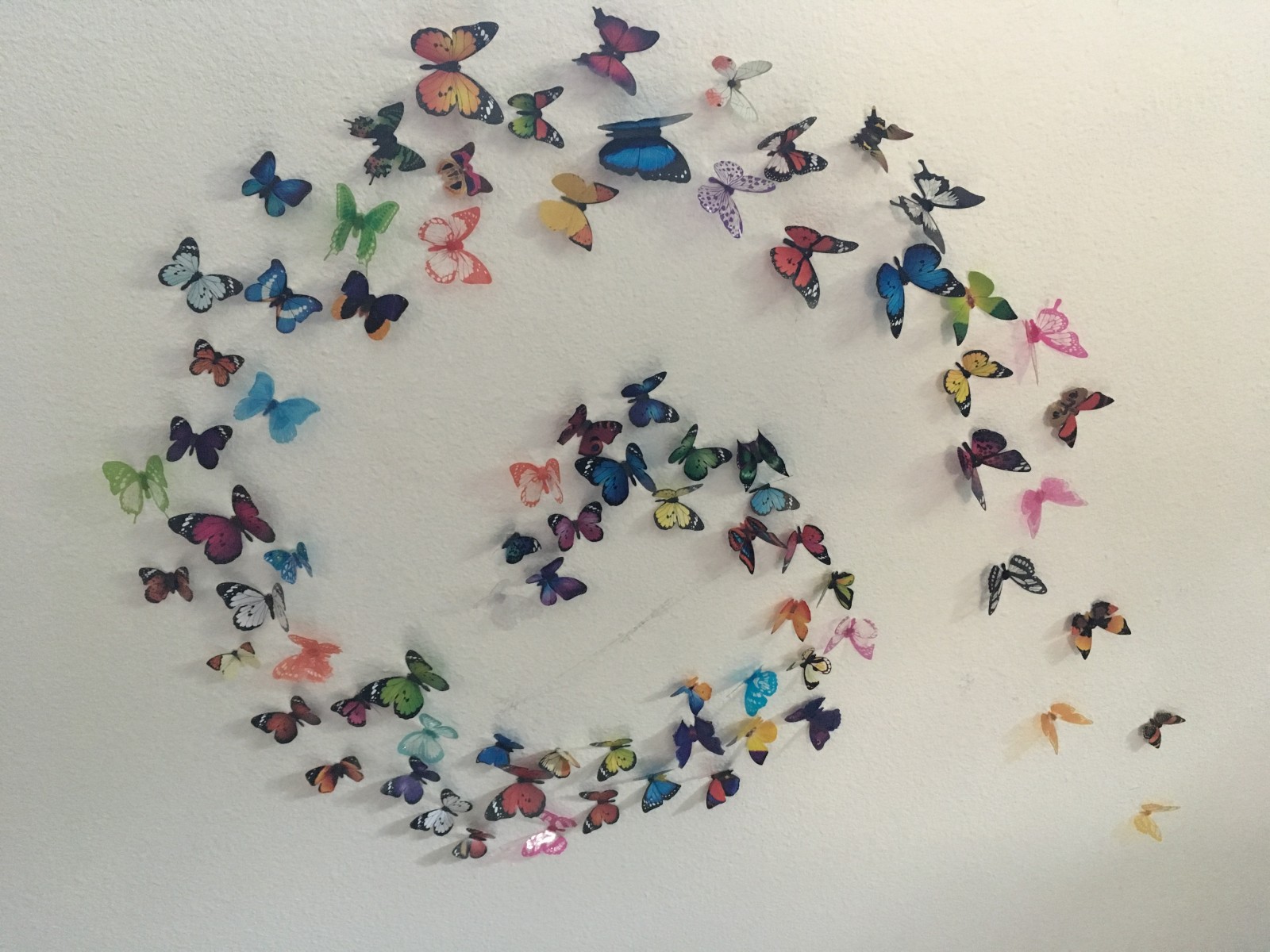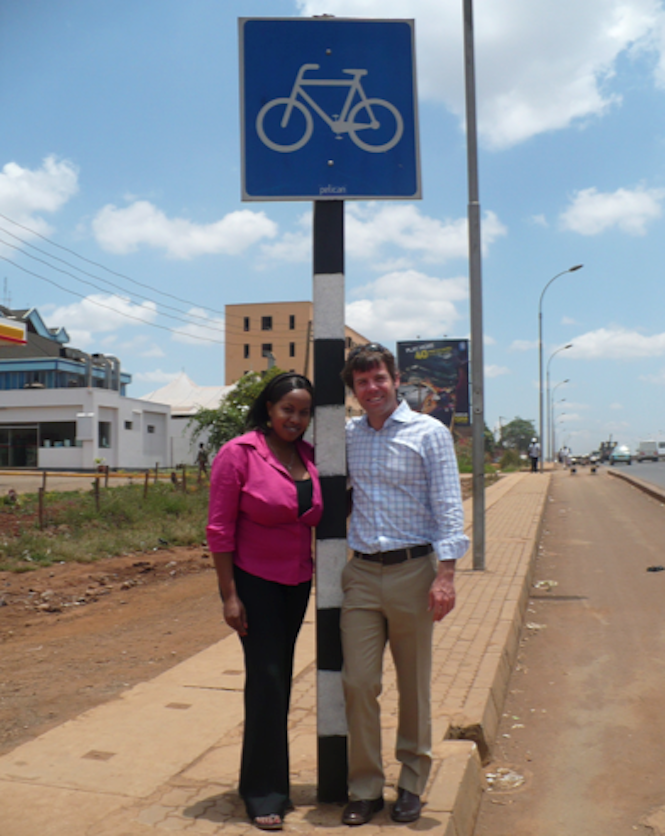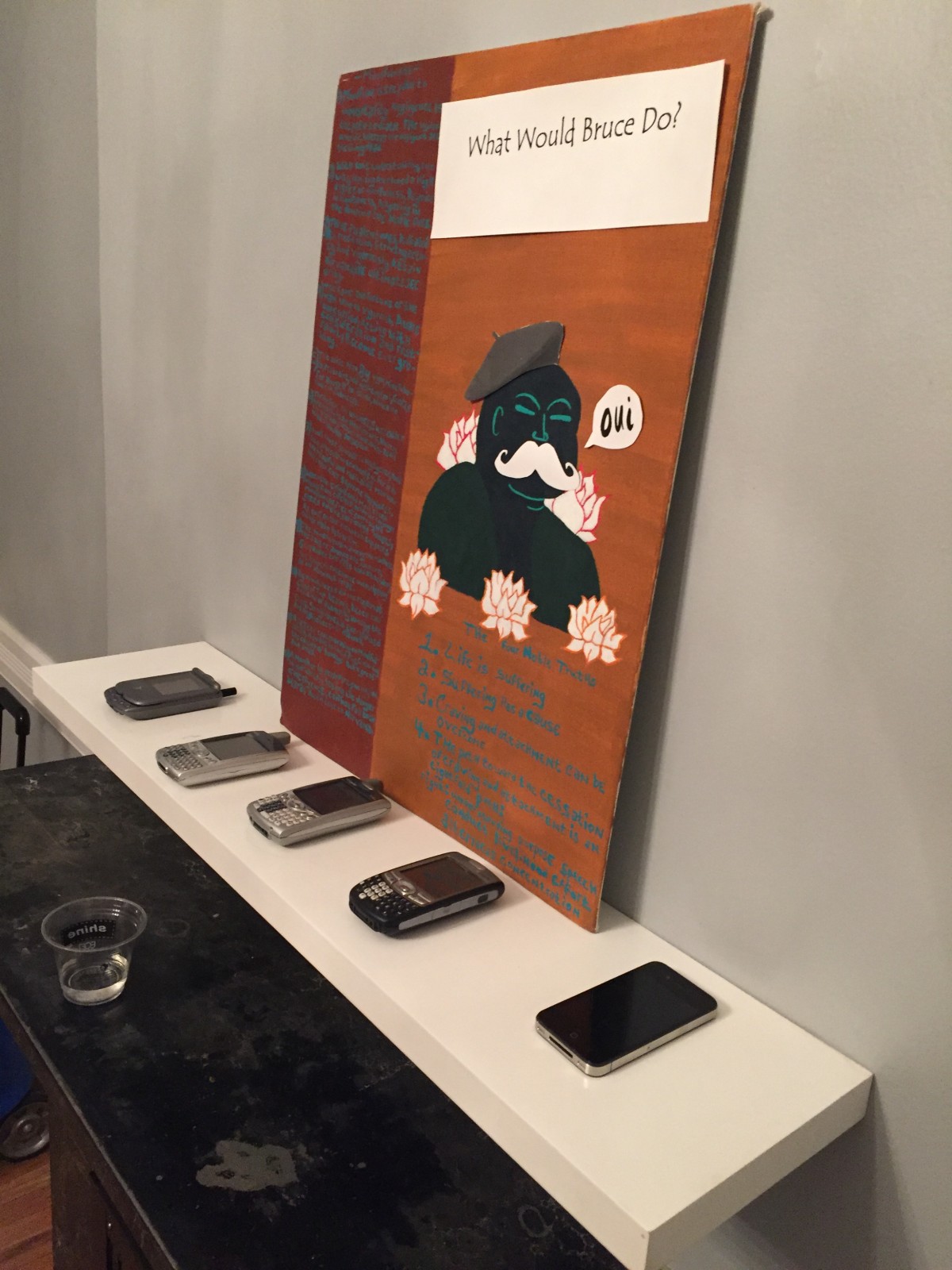Blue Dot Advocates, PBC Annual Impact Report
As a Public Benefit Cooperative, we will prepare an annual benefit report that will include the ways in which we promoted the above public benefits and the best interests of those materially affected by our conduct over the preceding year. We also will continue to assess our overall social and environmental performance against a third-party standard, as a Certified B Corp, in compliance with §7-101-507 of the Colorado Business Corporation Act. Our benefit reports will be provided on this page, available to the general public, beginning in 2018.
Measuring Our Impact
Since 2009, we have tracked the countries where our clients are helping to finance change, the dollars they invest or accept for good, and the number of ventures, investors, startups, and nonprofits we can honestly say are impacting the world in the best ways. These numbers are consistently updated on our home page.
In 2011, we started tracking our fee income from “impact” clients vs. fees received from traditional clients. Between 2011 and the end of 2016., 89.23% of our gross income was from impact investor, social enterprise, or nonprofit clients. While we appreciate that this is not a traditional bit of information to share with the world, it is a metric that motivates us, and helps define what we are about as a law firm.
As of early 2017:
- 21 of our current clients are impact funds or investors
- 15 are 501(c)(3) nonprofits
- 41 are social enterprises
- 29 are at least 50% women-owned
- 5 are Certified B Corps
- 3 have converted into PBCs
Since 2013 we have contributed at least 1% of our gross revenue each year towards organizations we believe are doing what is right. Currently we support Transform Finance, the Impact Finance Center, and Resource Generation. We also contributed over 315 pro-bono hours in 2016 on client projects, the Impact Terms Project, and public benefit legislation, and even more if we count serving on B Corp committees, speaking to University students, and participating in panel discussions specifically about impact investing, alternative exits, and social purpose companies.
We provide our services at a reduced rate for new social enterprises, nonprofits, and impact investors. Our hourly rates are offered at 15% off, depending on where a client is in its stage of development, and for new nonprofits our discount can be up to 25%. In 2016 63% of our clients received discounts on our fees.
Representative Clients
a/k/a International Development Exchange (IDEX)
Thousand Currents, formerly IDEX, partners with small donors to provide flexible, small grants for locally based NGOs in Africa, Asia, and Latin America focused on empowering women, building local economies, and caring for the environment. IDEX is committed to providing long-term support for locally determined solutions, breaking from the norm of bringing Western “experts” in to show the locals how to solve their problems.
- 75% of IDEX’s partners have met all or more than half of their goals to address local needs
- 88% of survey respondents have been able to develop local, community based solutions since receiving a grant from IDEX.
The full IDEX impact report is available here.
40% of the global population does not have access to a toilet.
Simon, Jehan, and Danny, founders of Who Gives a Crap, were inspired to start their toilet paper company with a cause after learning that 40% of the global population does not have access to a toilet. The trio also has an affinity for toilet humor – to raise capital for the first production run, Simon committed to remaining seated on a toilet until they had enough pre-orders to do its first production run (watch the video here). Not having access to a toilet leads to preventable diarrhea related diseases all over the world. In sub-Saharan Africa 900 children under 5 die every day from one of these diseases. Since delivering its first product in 2013, Who Gives a Crap has donated $487,500, 50% of its profits, to fund hygiene and sanitation projects. By making its TP eco-friendly, Who Gives a Crap has saved 30,797 trees, 74 million liters of water, and 5,922 tons of greenhouse gas emissions. (Access Who Gives a Crap’s full impact report here).
A Community Development Venture Capital Fund
DCCV is a community development venture capital fund that seeks to invest in companies. They use a double bottom line approach, meaning that they expect substantial financial returns and a positive social impact. They primarily invest in small to medium sized businesses that have or will have a positive impact on their communities. The fund’s social mission is to create positive change in the communities where their investments are located. This can be achieved through positive environmental impacts, creating educational opportunities, creating quality jobs for low to moderate income individuals. DCCV’s focuses its capital on underserved industry sectors. Its investments range from manufacturing to clean energy and education-related businesses.
OneEarth Future Foundation Project
Shuraako, meaning partnership in Somali, is a nonprofit implementation project of the OneEarth Future Foundation, and creates “economically beneficial relationships that connect micro, small and medium sized enterprises to impact investors to catalyze job creation.” The goal is to create a resilient and peaceful Somalia by providing opportunities to improve the business sector and create economic opportunities for its citizens. To date Shuraako has mobilized over $2.1 million in funding, created 768 direct jobs, and 1,426 indirect jobs. (Watch its video on impact here).
The National Association for Latino Community Asset Builders (NALCAB)
NALCAB seeks to strengthen underserved communities by developing affordable housing opportunities. Through subsidiaries, NALCAB acquired two small multi-family properties that provide 23 affordable units and opportunity for a commercial lease. NALCAB expects that these properties will be the initial investments for the NALCAB Catalyst Fund once it is established. Currently, NALCAB
- provides training for aspiring and existing community development financial institutions;
- serves over 100 nonprofit community development and asset building organizations in over 40 states and DC; and
- provides training in the areas of small business development, financial capability, and equitable neighborhood development.


